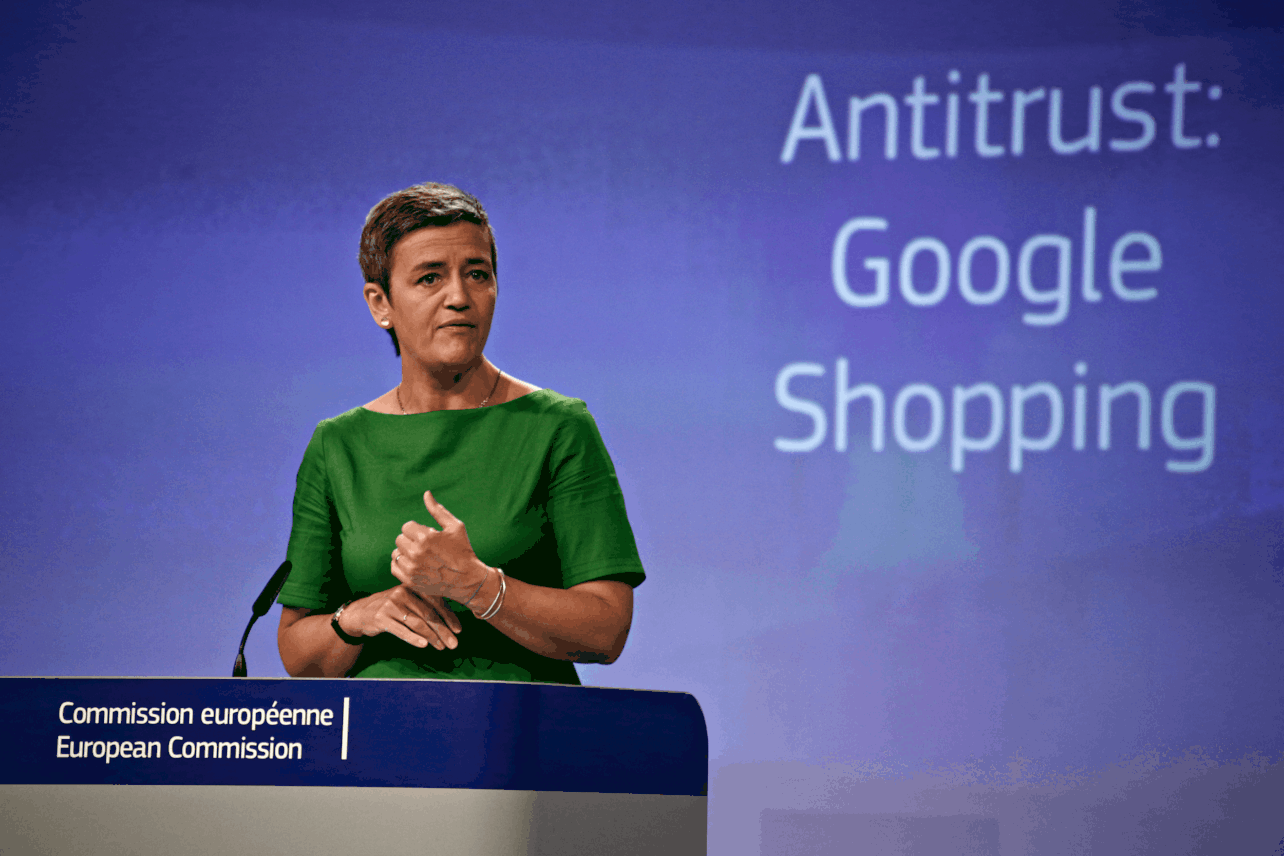Google Search is taking a tougher climate stance as of today. The world’s most widely used search engine was adjusted to answer searches surrounding climate change with sources like the United Nations – sources that, in the words of Google CEO Sundar Pichai, are trustworthy.
In addition to the new precedence given to climate sources that Google believes to be trustworthy, Google now presents CO2 emissions of air travel through Google Flights. Information about energy efficiency has been added to searches results concerning household items such as dishwashers and kettles are answered with information about energy efficiency.
Routes on Google Maps are now supplemented with the most fuel-efficient option. Unlike the aforementioned, this feature will release in Europe in 2022 instead of today. Other innovations, including an AI application for fuel-efficient traffic lights, are presented in this Google blog by CEO Sundar Pichai’s.
Risky
Although Google has been operating carbon neutrally since 2007 and knows how to set and achieve climate goals, changing search results is perhaps the most sweeping climate decision the tech giant has made to date.
Google’s history is replete with conflicts and billion-dollar fines concerning the issue of neutral search results. For example, In 2013, the tech giant sustained one of many intense Federal Trade Commission investigations, this time over suspicions of Google’s violation of U.S. antitrust laws. Google Search’s design and search results were alleged to have a harmful, illegal impact on the U.S. market. Although the charges were eventually dismissed, Google was less fortunate in other cases.
The now-introduced, climate-focused tweaks are explicitly related to the above. Emissions information in Google Flights can affect market demand for flights by certain airlines. The same is true for the presentation of the energy efficiency of household products.
Therefore, there’s a possibility that the features introduced today will turn out to rub shoulders with American and European laws in a not-so-distant future. On top of that, disinformation guidelines apply in the Netherlands and Europe. By highlighting certain sources like the United Nations, Google distinguishes between fact and fiction.

Different time
However, Google has one thing going for it: the purpose of its innovations. Climate action aligns seamlessly with the interests of the European and American governments. The same can not be said for times that Google was investigated and charged for Google Shopping and Adwords stunts. Moreover, in 2018 Google put its signature on the European Code of Practice Disinformation, which has since led to valued contributions to investigations by EU commissions into the state and countering of fake news and disinformation (see Final – Assessment, section 3.1).
In short, the greening of Google Search is bold, but relations between Google and governments have improved. The goal (climate action) is in line with the zeitgeist — and perhaps just as important as the means (customized search results), even if those means require us to rely on Google to distinguish between correct and incorrect information.
